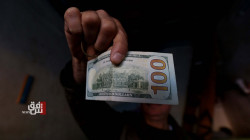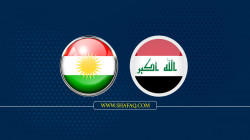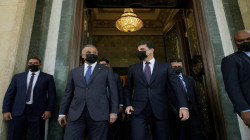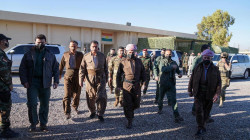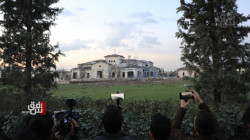Long mistreated by Iraq: American concerns about the future of the "Kurdish State"
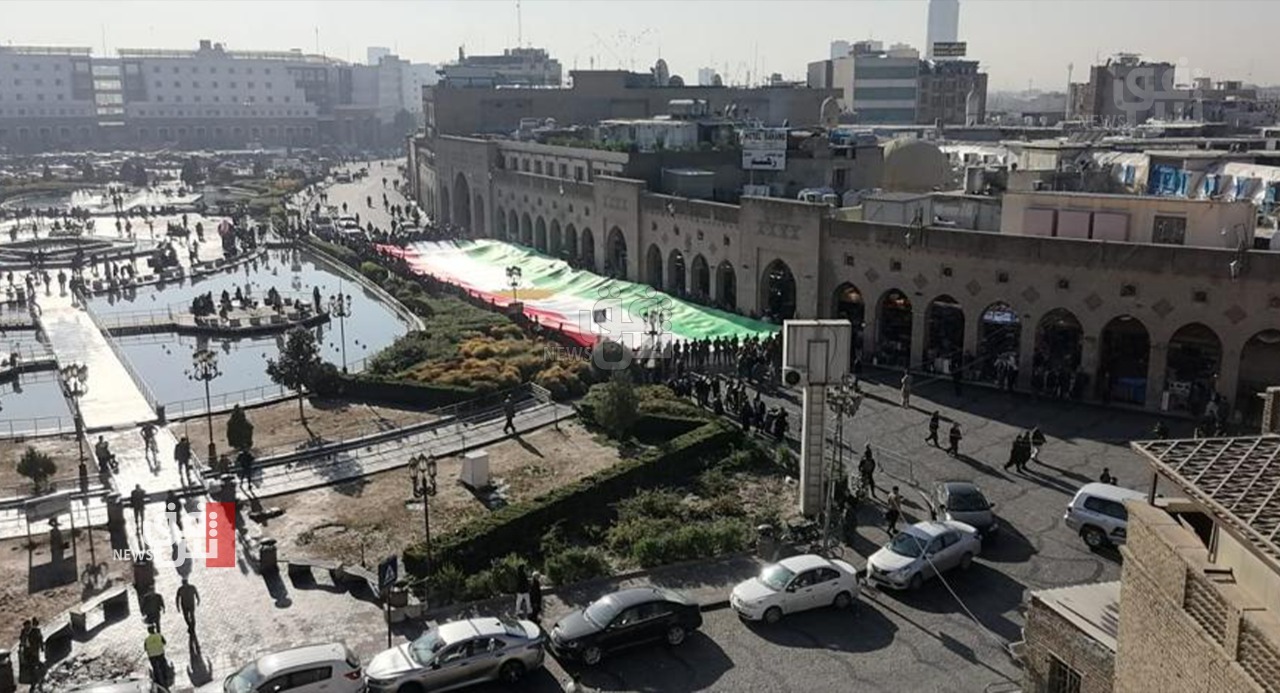
Shafaq News / In March 1988, the deadliest use of chemical weapons against a
civilian population in history took place.
Ordered by megalomaniacal Saddam Hussein, Iraqi Air Force planes dropped napalm, mustard gas and other deadly agents on Halabja, a Kurdish city in Iraq’s north. An estimated 5,000 people were killed.
Why would Iraq’s leader attack his own citizens?
First, it was part of a larger campaign, launched in the 1950s, and intensified by Hussein, to target non-Arab minorities in Iraq.
The Kurds are a distinct ethnic community dating back thousands of years. They were unwilling to be “Arabized,” showing remarkable resilience and resistance, hence the malevolent Iraqi plan either to annihilate them or force them into submission and Arabization.
And second, the Kurds harbored an age-old dream of self-determination. Hussein had no intention of offering it, even though Iraq itself was an artificial nation cobbled together by distant Western mapmakers after World War I.
Shamefully, tens of millions of Kurds living within a contiguous territory were denied a national home of their own, instead finding themselves as minorities, and often targets of persecution, in four countries — Iran, Iraq, Syria and Turkey.
Alas, the Halabja massacre was not the only genocidal attack against the Kurds in Iraq. There were others. It is estimated that, in all, hundreds of thousands of Kurds perished as a result.
Yet the international community largely downplayed these crimes against humanity for geopolitical reasons. It acted as if there were bigger political issues to pursue — and economic interests to protect — than focusing on the unending plight of the Kurdish minority.
The most the Kurds got was a no-fly zone, in 1991, over the northern third of Iraq, where the vast majority of Kurds live, following the first Gulf War, and enforced by the US, Great Britain, and France until Hussein’s ouster in 2003.
In addition, the Kurds were able to gain local autonomy, with a president, prime minister, and parliamentary assembly located in the city of Erbil, but no prospect of full independence.
In fact, today Baghdad is doing its utmost to roll back even the limited powers enjoyed in Erbil.
When compared, for example, with the relentless focus by so many on the Palestinian issue, it begs the question why deadly campaigns against the Kurdish people, 10 times more numerous than the Palestinians, are so often met with silence — whether by the UN, Western governments, the media or student groups.
Why aren’t Kurds deemed deserving of a state of their own? Don’t they have a defined territory, a stable government, and a distinct national and historical identity?
Why do Western leaders place a higher premium on a unitary Iraqi state, which has little to offer the West, than a friendly, independent Kurdistan in the country’s north?
When there was a non-binding referendum in the Kurdish region of Iraq in 2017, 93% voted for freedom and independence. The result? Baghdad, increasingly an Iranian satellite, unleashed a punishing military campaign and economic blockade.
The reaction? Silence. Worse, there was complicity in Washington, which actually opposed the referendum. It prioritized Iraq’s “stability” as a nation above the wishes of the overwhelming majority in the Kurdish region.
That was interpreted by the central government in Baghdad as a green light to tighten the screws on the Kurdish region. Kirkuk, a predominantly Kurdish, oil-rich city, was seized by Iraqi forces in 2017. Later, the Kurdish region was banned from exporting oil, a major source of revenue for the regional government.
Moreover, Iran shares the goal of suppressing the Kurds in Iraq, who are not willing to genuflect to Tehran, and who provide Washington with diplomatic and military space in Kurdistan.
The picture sounds complicated and contradictory, and it is.
This is the Middle East, after all! The US needs the Kurds, but, at the same time, is not their consistent friend. When the battle against ISIS was being fought a decade ago, the Kurds were key to defeating the jihadist enemy.
American gratitude, however, was short-lived. Is ISIS now rising again? Will the US once again need Kurdish fighters to confront it?
Meanwhile, Washington won’t supply Kurdistan with air defense systems to intercept Iraqi and Iranian missiles regularly fired at the region.
And when the Kurdish prime minister, Masrour Barzani, was recently in Washington, neither President Biden nor Vice President Kamala Harris would meet with him.
Yet the Iraqi prime minister has been invited to meet President Biden in April and will ask America for aid.
The answer should be “no” as long as Iraq does Iran’s bidding and tries to suffocate the Kurds.
The Kurds have been courageous fighters, always on the side of America, whether against Saddam Hussein, ISIS or Al Qaeda.
Helping the Kurds, therefore, is a smart investment in American security.
And the Kurdish region represents the most enlightened, open society in the immediate region, offering refuge to other beleaguered minorities, such as Yazidis and Christians, and advancing women’s rights.
Isn’t it time for the US to show more commitment to the Kurds and less deference to Baghdad and its puppet masters in Tehran?
The American Kurdish Committee was founded in 2023 to give a voice to Kurds in the United States, make the case for closer ties between the US and the Kurdish people, and seek to ensure that genocides, like the horrific massacre in 1988, are not forgotten — and, above all, not repeated.
(New York Post)
